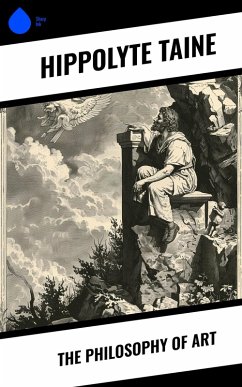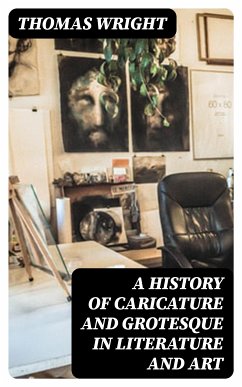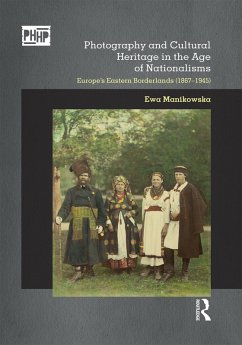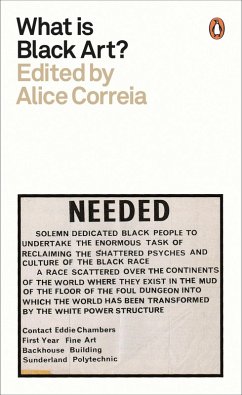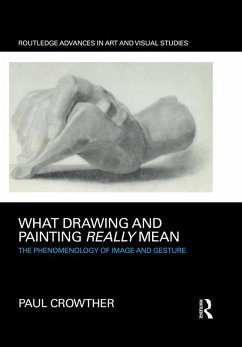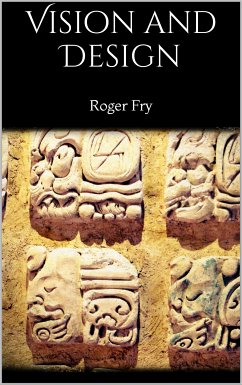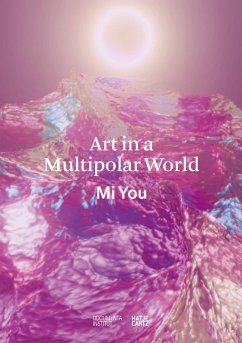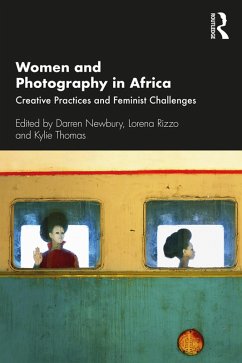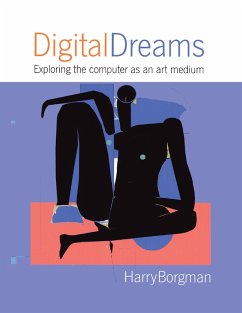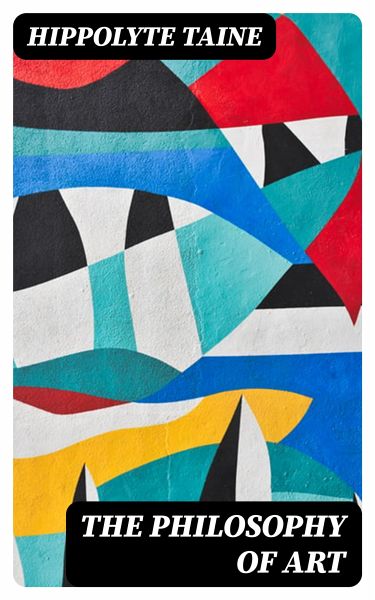
The Philosophy of Art (eBook, ePUB)
Versandkostenfrei!
Sofort per Download lieferbar
0,49 €
inkl. MwSt.
Weitere Ausgaben:

PAYBACK Punkte
0 °P sammeln!
In "The Philosophy of Art," Hippolyte Taine undertakes a meticulous exploration of the nature and purpose of art through the lens of philosophy and historical context. Taine engages with the societal influences on artistic expression, melding aesthetic theory with a nuanced understanding of cultural evolution. His literary style is characterized by analytical rigor and literary eloquence, placing him within the tradition of 19th-century intellectual discourse, particularly influenced by French positivism and idealism, which sought to rationalize artistic phenomena against the backdrop of empir...
In "The Philosophy of Art," Hippolyte Taine undertakes a meticulous exploration of the nature and purpose of art through the lens of philosophy and historical context. Taine engages with the societal influences on artistic expression, melding aesthetic theory with a nuanced understanding of cultural evolution. His literary style is characterized by analytical rigor and literary eloquence, placing him within the tradition of 19th-century intellectual discourse, particularly influenced by French positivism and idealism, which sought to rationalize artistic phenomena against the backdrop of empirical knowledge. Hippolyte Taine, a prominent French critic and historian, is well-known for his insights into literature and art, drawn from his intimate engagement with the philosophical discourses of his time. His diverse academic background, which included a focus on history, literature, and philosophy, equipped him with a comprehensive framework to critically analyze the mechanisms of artistic creation. Through personal experience and travel, Taine developed a keen sensitivity to the interplay between art, culture, and society that is evident in this work. For scholars, artists, and anyone intrigued by the complexities of creativity, "The Philosophy of Art" offers a profound examination that transcends mere appreciation of art, inviting readers to engage in deeper discourse about the role of culture in shaping artistic endeavors. This book is an indispensable resource for understanding the philosophical underpinnings that link art with human experience.
Dieser Download kann aus rechtlichen Gründen nur mit Rechnungsadresse in A, B, BG, CY, CZ, D, DK, EW, E, FIN, F, GR, H, IRL, I, LT, L, LR, M, NL, PL, P, R, S, SLO, SK ausgeliefert werden.




